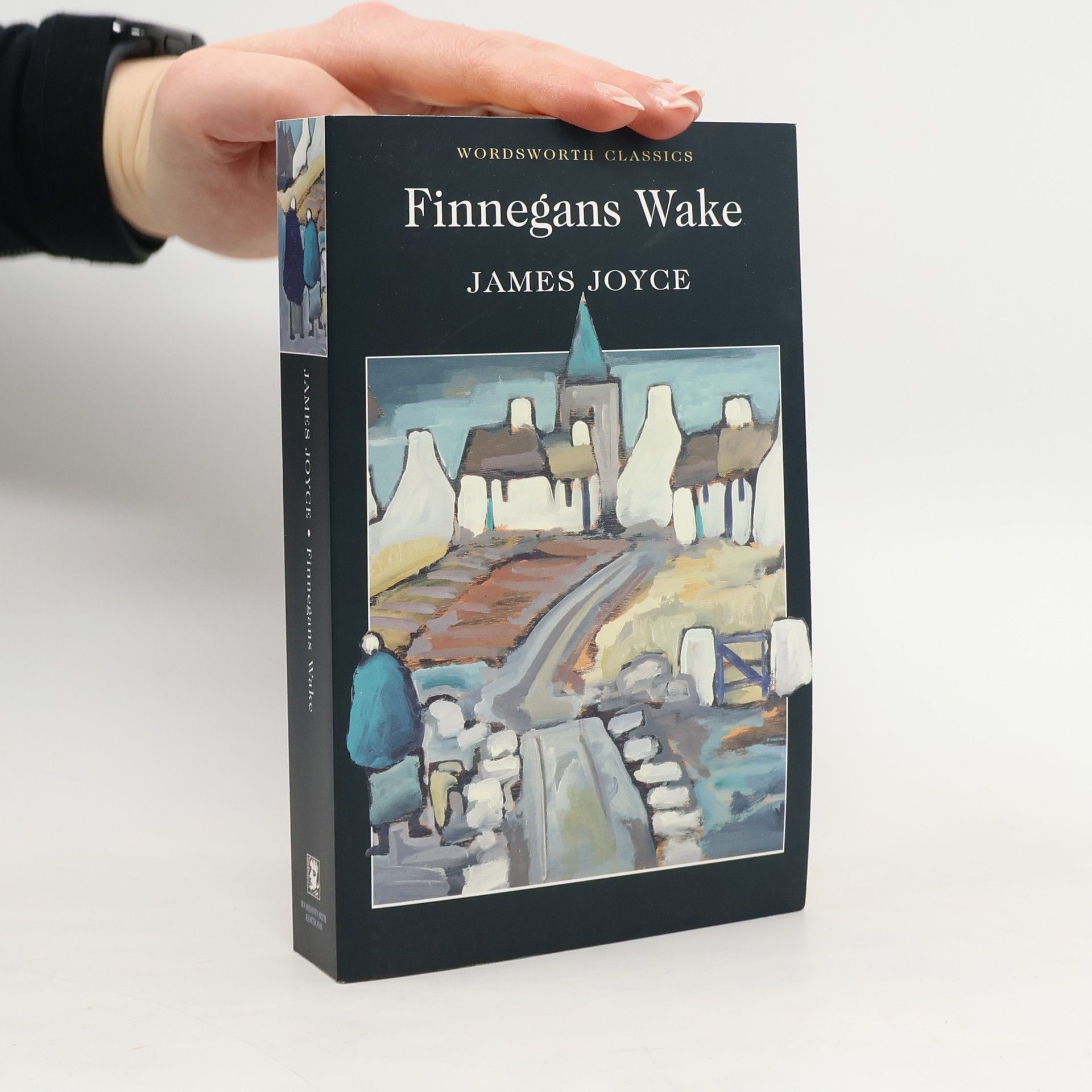Finnegans wake
- 656pages
- 23 heures de lecture
Finnegans Wakeis Joyce's last great work, and is formulated as one dense, tongue-twisting soundscape. It also remains the mosthilarious, 'obscene', book of innuendos ever to be imagined.



Finnegans Wakeis Joyce's last great work, and is formulated as one dense, tongue-twisting soundscape. It also remains the mosthilarious, 'obscene', book of innuendos ever to be imagined.
Schooling and the Social Imaginary in the Modernist Novel
Exploring the intricate relationship between James Joyce's literary works and educational themes, this book delves into how Joyce's experiences and views on education influenced his writing. It examines key texts, highlighting the portrayal of schooling, intellectual growth, and the impact of education on identity. Through a critical lens, the author analyzes Joyce's innovative narrative techniques and their connection to pedagogical concepts, offering insights into the broader implications of education in his literature and its relevance to contemporary discussions.
Exploring the history of popular culture in Europe since 1800, this book offers a fresh perspective that redefines conventional links to the post-1945 era and American economic influence. It examines cultural phenomena and shifts over two centuries, highlighting how European popular culture has evolved independently, shaped by its own historical and social contexts. Through this lens, the narrative challenges existing assumptions and encourages a deeper understanding of Europe's cultural landscape.